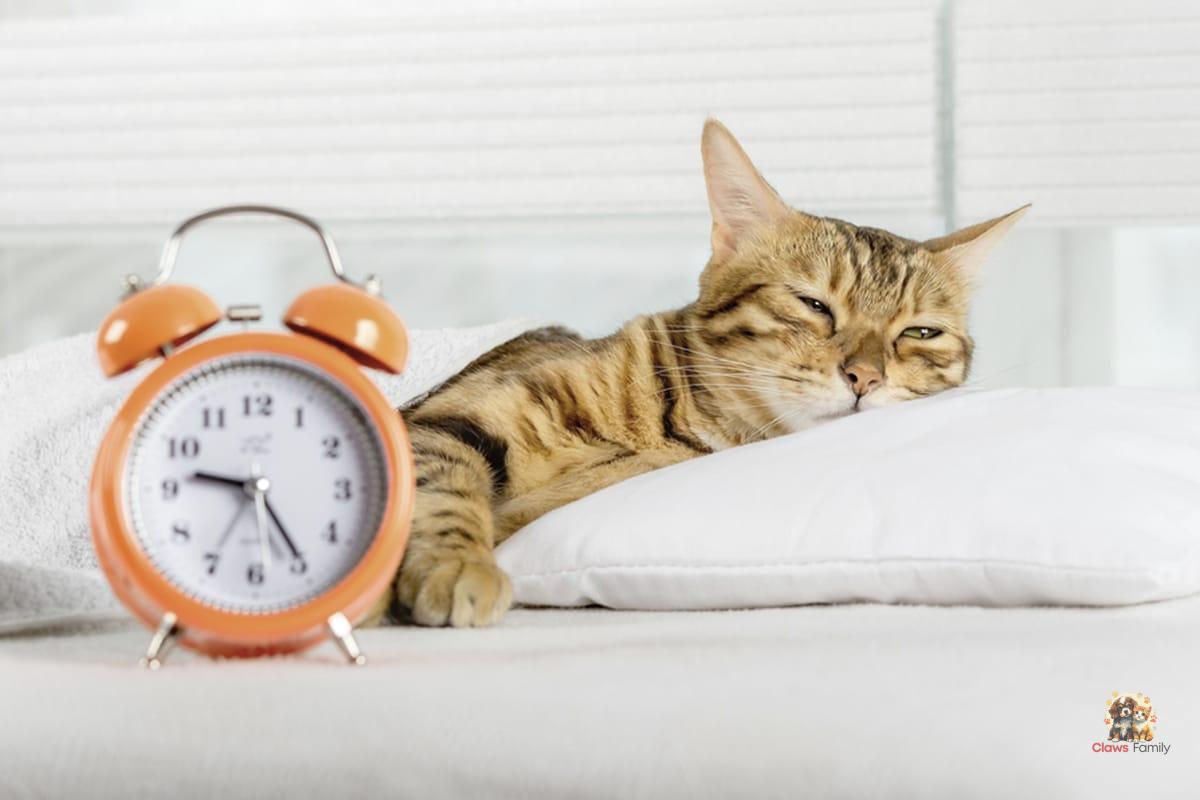The time change (in this case from standard time to daylight saving time) can represent a small but significant challenge for us humans in terms of adapting to our usual routine. But how do dogs and cats react? Are there any psychophysical consequences for our furry friends?
We will move the clock forward by one hour on March 31, 2024, when we switch to daylight saving time. As a result, we will lose an hour of sleep, but we will gain 60 minutes of extra daylight.
Time Change and Its Relationship with Sleep
We know that sleep is the most effective way for us to reset the brain, recharge our batteries, and start a new day. But is it the same for dogs and cats? Does sleeping an hour more or less than usual affect their routine?
The answer is: not much. Veterinarians, based on numerous publications, agree that pets do not experience significant repercussions from the time change simply because their biological clock is better able to adapt to these types of changes more quickly than ours.
The sleep pattern of dogs and cats is polyphasic, meaning that while we typically sleep once a day for several hours or, at most, take a short nap in the afternoon, our furry friends take many small naps throughout the day, sleeping between 12 and 14/16 hours.
It is important to note, however, that both pets, especially dogs, are quite habitual and follow their routines with excellent precision. However, our bodies may experience slight delays in the schedule for walks, potty breaks, cuddles, and meals in the days following the time change.
How to Help Your Dog Adjust to the Time Change
For them, it will be a small inconvenience that will pass quickly. For instance, Fido may leave a small "surprise" on the carpet when you return from work in the days following the time change, but don't be surprised and, above all, don't scold him. Besides the simple physiological urgency, it could also be a manifestation of separation anxiety because he was expecting you home at 6:30 p.m., but an hour has passed! He feels that his schedule has changed, but he doesn't know why. There's no need to worry, as everything will return to normal shortly.
The cat senses your mood.
Since cats are more independent and exploratory, time change symptoms will be even more subtle. However, they may look at you strangely or give you more cuddles than usual if they sense that you are more tired or nervous.
A tip to make the time change less stressful for dogs and cats is to gradually shift the timing of daily activities by a few minutes (first 10, then 20, and so on) each day leading up to the fateful date of March 31!
More: Dog Health


